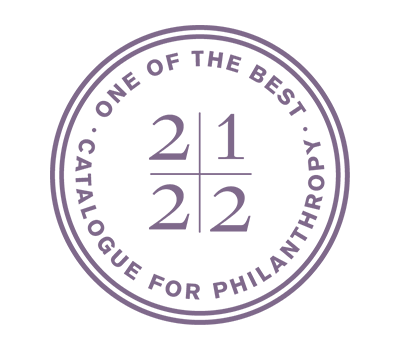The U.S. Capitol Historical Society is offering two brown bag lectures to commemorate Black History Month. These noon events will be held on Wednesdays at 200 Maryland Ave. NE; Washington, DC 20002.
“New History at James Monroe’s Highland”
- Wednesday, February 5 at noon
- Sara Bon-Harper (executive director of James Monroe’s Highland) and Jennifer Stacy (member of Highland’s descendant community)
- Bon-Harper and Stacy will present recent discoveries at the site, including the discovery of a lost-and-forgotten President’s house, and discuss approaches in collaborative and inclusive history. New public history initiatives at Highland include the creation of a Descendant Advisory Council to provide input on exhibits currently in development and the exploration of our role in community-based history in a world divided by political and social alliances.
Sara Bon-Harper is the executive director of James Monroe’s Highland in Albemarle County, Virginia, focusing on strategic vision and museum leadership at the historic site, which is a department of William & Mary. She is an archaeologist with research experience in the historic period in Virginia, and on peripheries in the Roman world. The research she directs at Highland has recently transformed the understanding of the property, and contributes to new insight on James Monroe. Her focus at Highland is interpreting current research, including creating a new set of inclusive narratives about the past. Bon-Harper earned a Ph.D. in anthropology from the University of North Carolina at Chapel Hill and a bachelor’s degree in anthropology and classics from the University of Arizona. She has taught at the University of Virginia and the University of North Carolina, and conducted archaeological research and trained students in Europe and North America. As Monticello’s archaeological research manager (1999-2012), she led a team investigating lost elements of the plantation landscape, and developed a passion for reaching varied audiences through interpretation of research. Her prior work focused on Roman peripheries in Italy and France, and on the disenfranchised in state societies, with topical expertise in archaeological ceramics and research methods. She has lectured and written on a variety of themes, including the analysis of archaeological data, landscapes of slavery, and the construction of historic narratives. Bon-Harper serves on the State Review Board for the Virginia Department of Historic Resources and on the board of the Presidential Precinct. She is committed to inspiring imaginations and broadening interest in the exploration of the past.
Jennifer Stacy is a native of the Charlottesville area. Her family is among the descendant community of James Monroe’s Highland.
“Clark Mills and Philip Reed: The Relationship that Produced the Statue of Freedom”
- Wednesday, February 12 at noon
- John Philip Colletta, Ph.D.
- Colletta will cover the biography and work of Philip Reed, Clark Mills’s enslaved assistant who worked on the statue of Freedom that tops the Capitol Dome, as well as his relationship with Mills. Colletta will discuss the possibility that Reed worked on the casting of two additional monumental bronze statues in Washington.
John Philip Colletta, Ph.D., addresses audiences from coast to coast on topics of family history research and writing. For 20 years he worked at the Library of Congress and taught programs at the National Archives. He is the senior faculty member of the Institute of Genealogy and Historical Research (University of Georgia) and Salt Lake Institute of Genealogy (Salt Lake City) and conducts programs for the Smithsonian Institution. Colletta’s publications include numerous articles, both scholarly and popular, two manuals—Finding Italian Roots and They Came in Ships—a murder mystery/family history, Only a Few Bones, and a Great Course available from The Teaching Company, “Discovering Your Roots,” which includes instruction on how to write narrative family history. Recipient of many professional awards and honors, Colletta resides in Washington, D.C., where he earned his doctorate at the Catholic University of America. His interest in Clark Mills and Philip Reed grew out of his love of the monumental sculpture of the nation’s capital.




